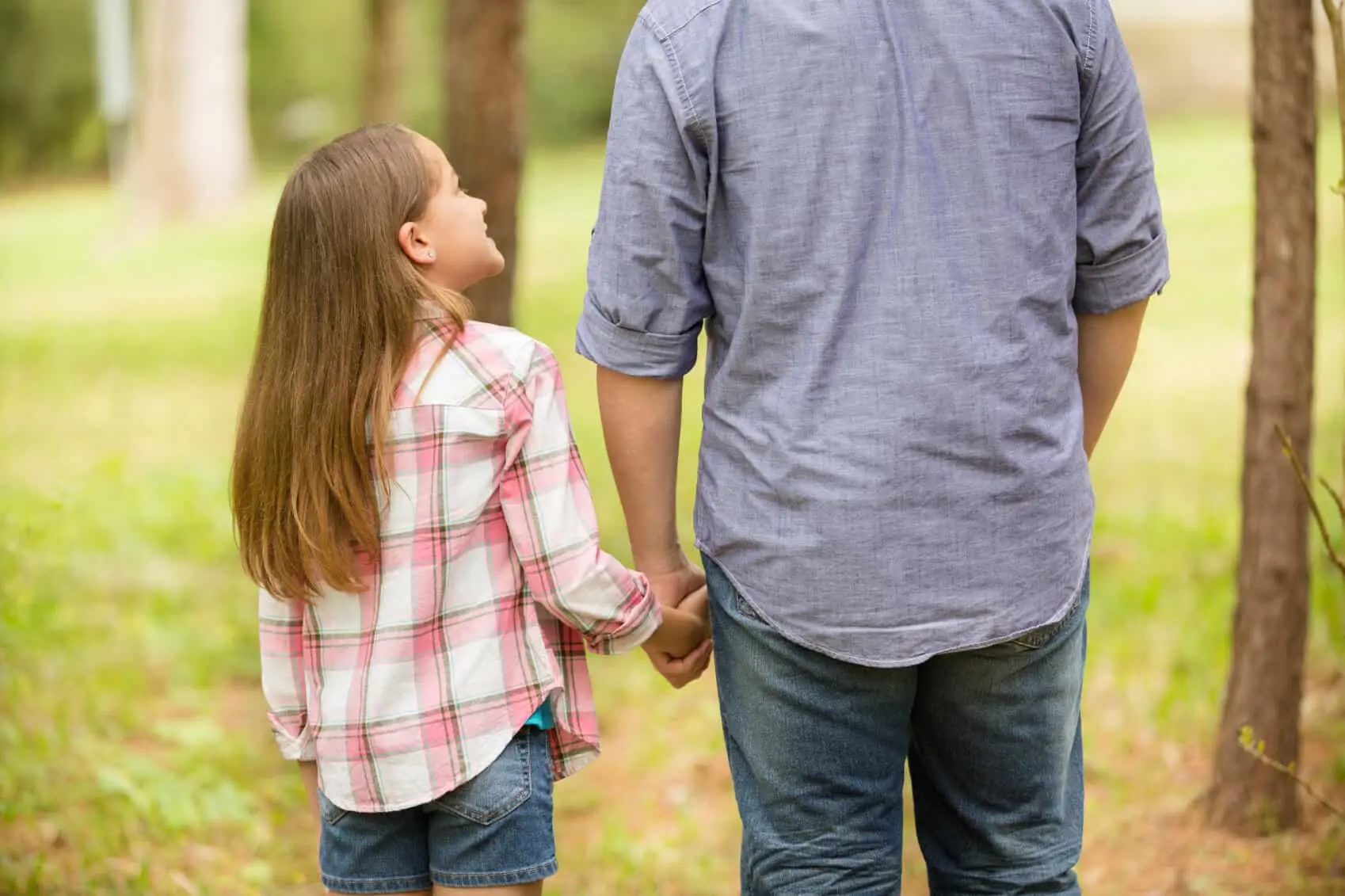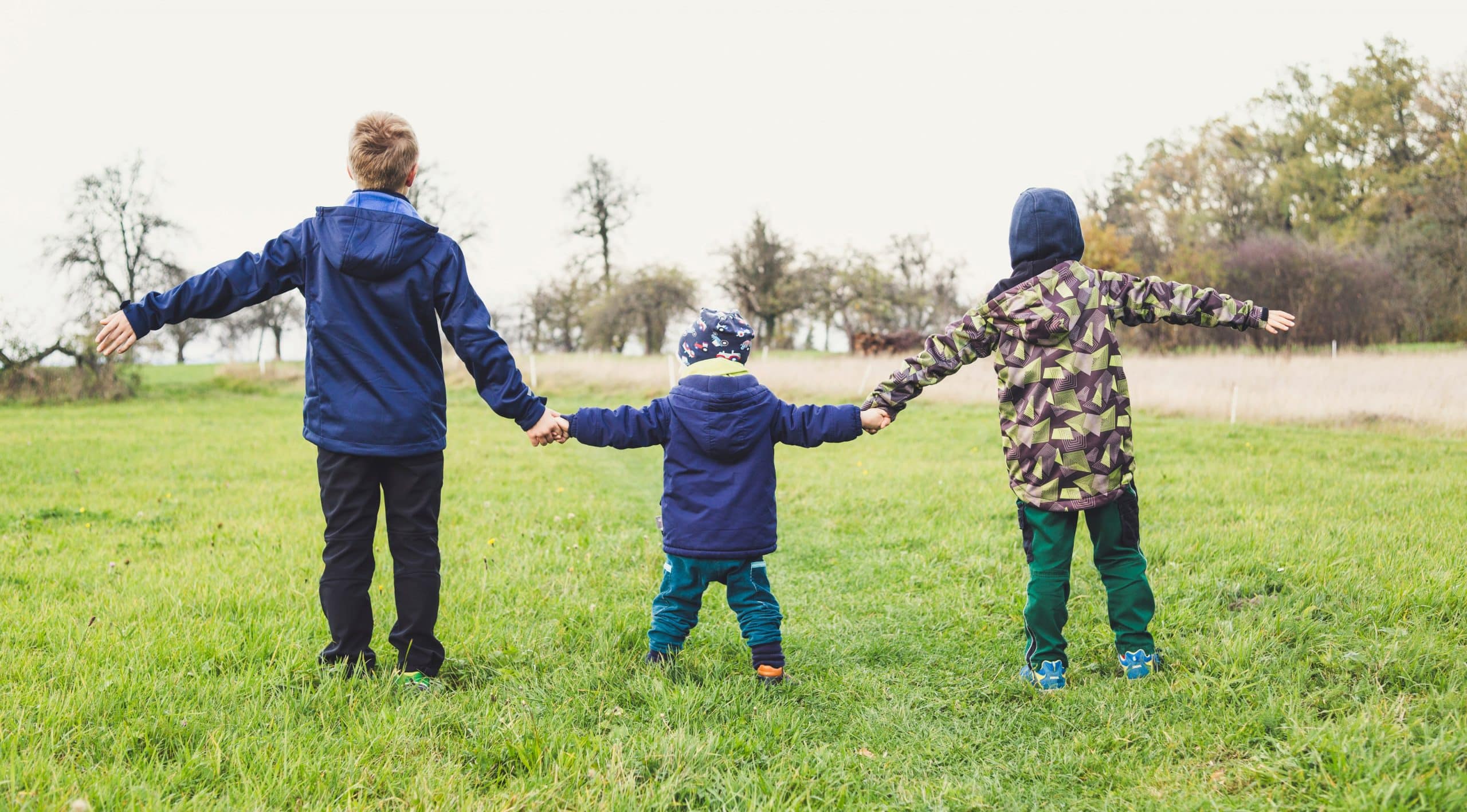
Do Adopted Kids Always Have Difficulties
Lessons From Discussing Adoption In Conversation
When a stranger inquires about my profession, I explain that I work as a clinical psychologist. The reaction "Oh, that must be interesting" is a typical one. In most cases, "Do you have a specialty?" is the next query. I respond that my area of expertise is adoption and that I mostly work with families and children.
Usually what comes next is a serious expression and a lowered voice that says, "Oh, that must be hard!" A tale of someone they know (or have heard about) who struggled with adoption usually follows this.
When I say, "Actually, my work is not as hard as you might think," people are frequently startled. You probably aren't aware, but the majority of adopted children are doing lot better than people realize, I continue.
Now, their expressions either show confusion or incredulity. Nonetheless, I also frequently notice a glimmer of intrigue. Additionally, a lot of people remark, "I had no idea that. That's intriguing.
I reassure them that most people don't know, so they're not alone.
The General Population Anticipates Difficult Adoptive Children

Since 1997, public opinions on adoption have been polled by the Dave Thomas Foundation for Adoption. As someone who had been adopted himself, Wendy's founder Dave Thomas was a strong advocate for adopting children who lacked loving, secure homes.
Surveys regularly demonstrate that, despite strong support for adoption, there is a persisting perception that adopted children will struggle emotionally and behaviorally.
Most teenagers and adopted youngsters are not surprised by this. They frequently come across remarks and viewpoints that cast doubt on their ability to be well and prospering. One adopted boy, who was ten years old, stated, "Adoption is not the problem. It is the opinion held by all.
I concur with him. For forty years, I have followed adoption studies attentively and worked with adoptive families. I have contributed to that research as well.
The Unfavorable Perceptions Of Adopted Children
Adopted children's opinions are coloured by negative stereotypes and false beliefs about adoption. Children, their adoptive families, and their birth families (or first family, as some prefer to call them) may all suffer as a result of them. The majority of the time, adopted children and adolescents are able to navigate their complex family ties with greater success than children and young raised by two biological parents.
Factors That Lead To Unfavorable Misconceptions About Adoption

It has been forty years since I worked with my first adoptive family, and in that time, our understanding of what it takes for adopted children to thrive during childhood has evolved considerably. It shifted in the 1980s as developmental researchers adopted a new method of understanding adoption.
Prior to that point, the majority of professional adoption writing was on adoptees who were experiencing difficulties or discomfort; these individuals either sought therapy or went back to their adoption agency to address their concerns and queries. Those patients included many grownups. A few experienced difficulties as they grew older related to their adoption. Some may have been told by their therapist that trauma stemmed from adoption. In those days, professionals, not just the public, assumed that adoption was always a burden.
The Attitudes Of Society About Adoption
Adoption-related guilt and secrecy were other characteristics of that time. It was more likely that growing up through adoption would be challenging and solitary due to societal views. It was common advice for adoptive parents to hold off on telling their kids they were adopted or to wait until they were "old enough to understand." Adoptive parents frequently delayed sharing this information because it is hard to tell and because the guidelines were unclear. Some of the youngsters and young people who were informed were cautioned not to tell anybody else about the information for fear of stigma and stereotyping.
People have occasionally learned they were adopted on their own, which understandably left them feeling deceived and perplexed. Retrospective stories of adoption acquired in treatment settings included experiences similar to this. They influenced how mental health professionals perceived adoption.
Adoption has also been the topic of films, TV series, books, and magazine articles because it is a matter that virtually everyone finds intriguing. The public's perception of adoption was also impacted by these representations, which were usually dramatized and fabricated for entertainment value. You may also read this: Teach Children About God Even With Sunday School Off
Using This New Perspective, What Findings Did The Research Reveal About Adoption?

The picture that surfaced from this new research was very different from the experiences of many mental health professionals treating adoptees. Most adopted children in these community-based research studies performed within the normal range. There were not many differences between the groups of adopted and non-adopted children.
The results of this novel approach extended our comprehension of adoption. It did not look as problematic as many had thought. This resulted in several contentious debates, even among specialists, on which adoption scenario best represented reality.
To resolve this disagreement, Cornell University psychology professor Jeffrey Haugaard analyzed adoption research in the late 1990s. Haugaard came to the conclusion that adoption did not automatically result in issues with adjustment. Similar to previous research, he discovered minor distinctions in adjustment between adopted and non-adopted peers. This did not mean that there were no adopted children with substantial issues — in fact, a very tiny group experienced more acute difficulties. However, the proportion of adopted children in this group was predicted to be as low as 1 in 10, with the other 9 out of 10 adjusting and functioning normally.
"Risk of increased behavior or adjustment problems is not high nor widespread for some adopted children, or for adopted children at certain ages," Haugaard found.
Research Keeps Showing That The Majority Of Adopted Kids Grow Up To Be Happy, Healthy Adults.
Twenty-five years after Haugaard's study, research has advanced in sophistication. Just 2% of American children under the age of 18 are adopted, and results from studies with small sample sizes may not be as trustworthy. Researchers have tackled this issue using two methods: 1) employing data from national samples that incorporate family history information, and 2) aggregating findings from multiple research through meta-analysis to increase sample size and draw stronger inferences.
As an illustration of the first strategy, three groups of teens with different family compositions were compared in a large nationwide study of adolescent health and well-being in the United States. The findings revealed minimal distinctions between teenagers living with two adoptive parents and those living with two biological parents. It's interesting to note that kids with divorced parents, who were living in stepparent or single-parent households with only one biological parent, experienced far more adjustment issues than the other two categories.


